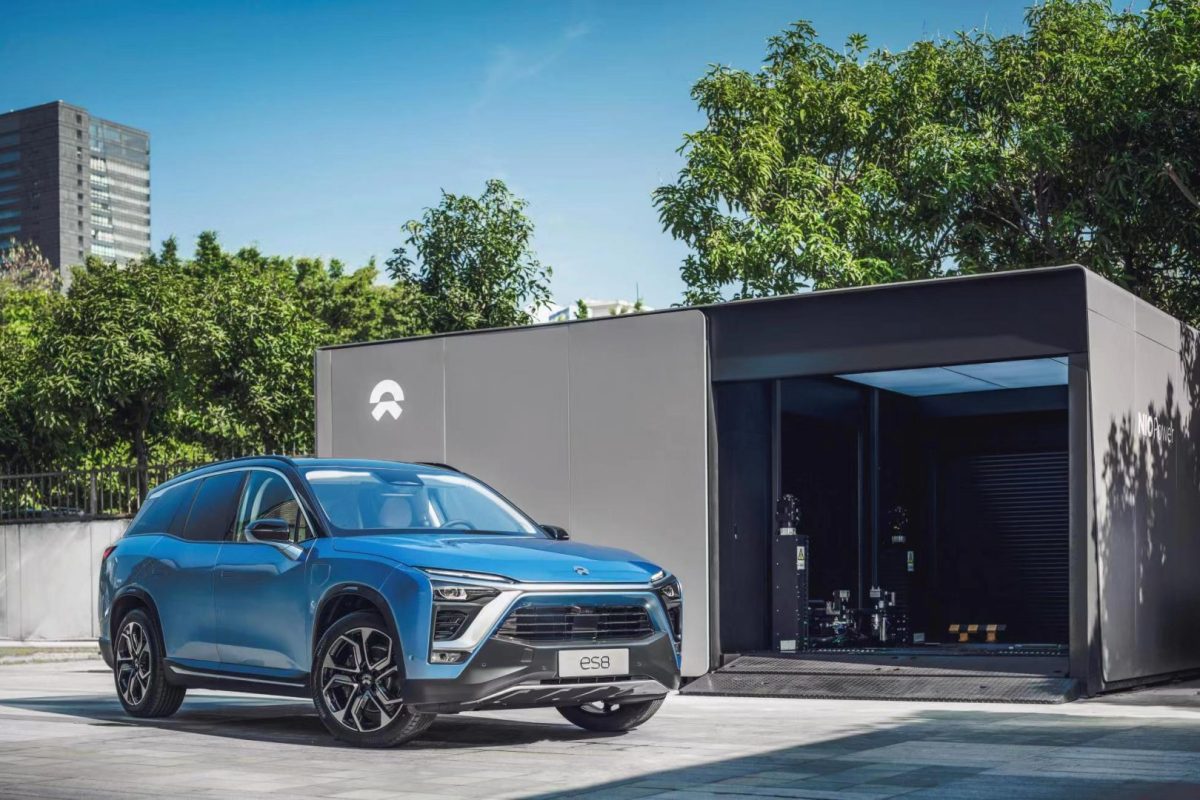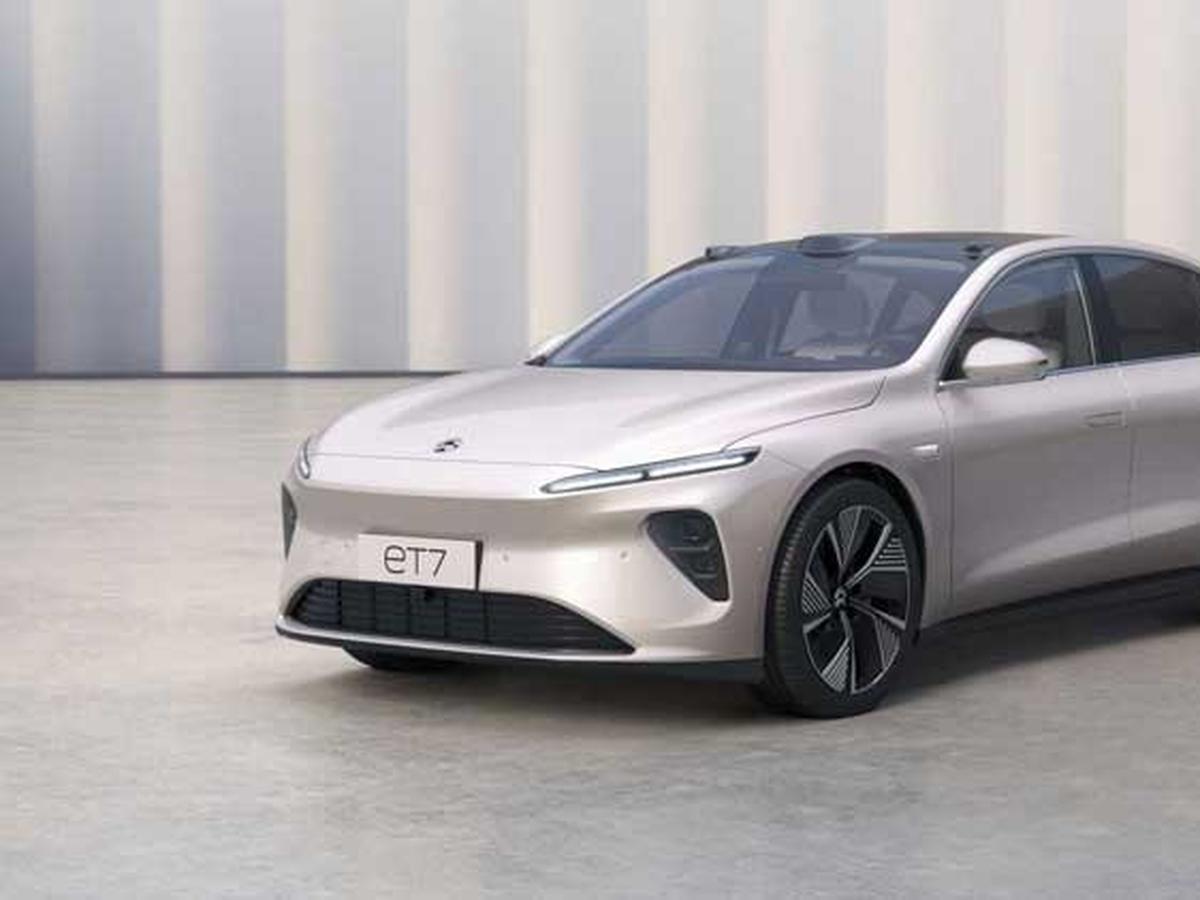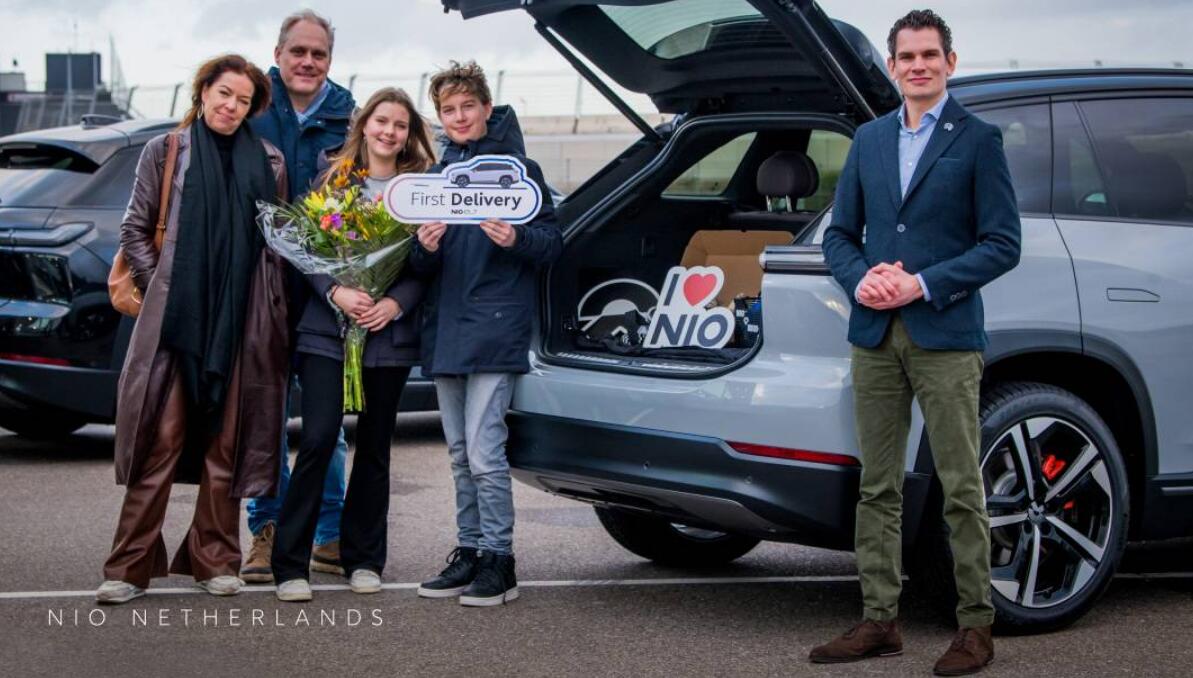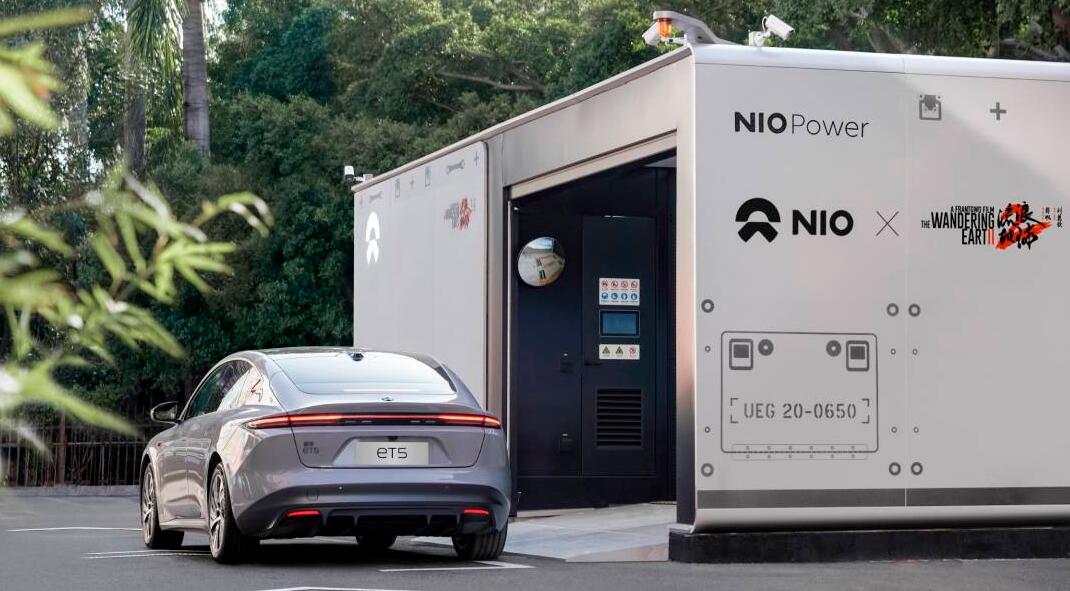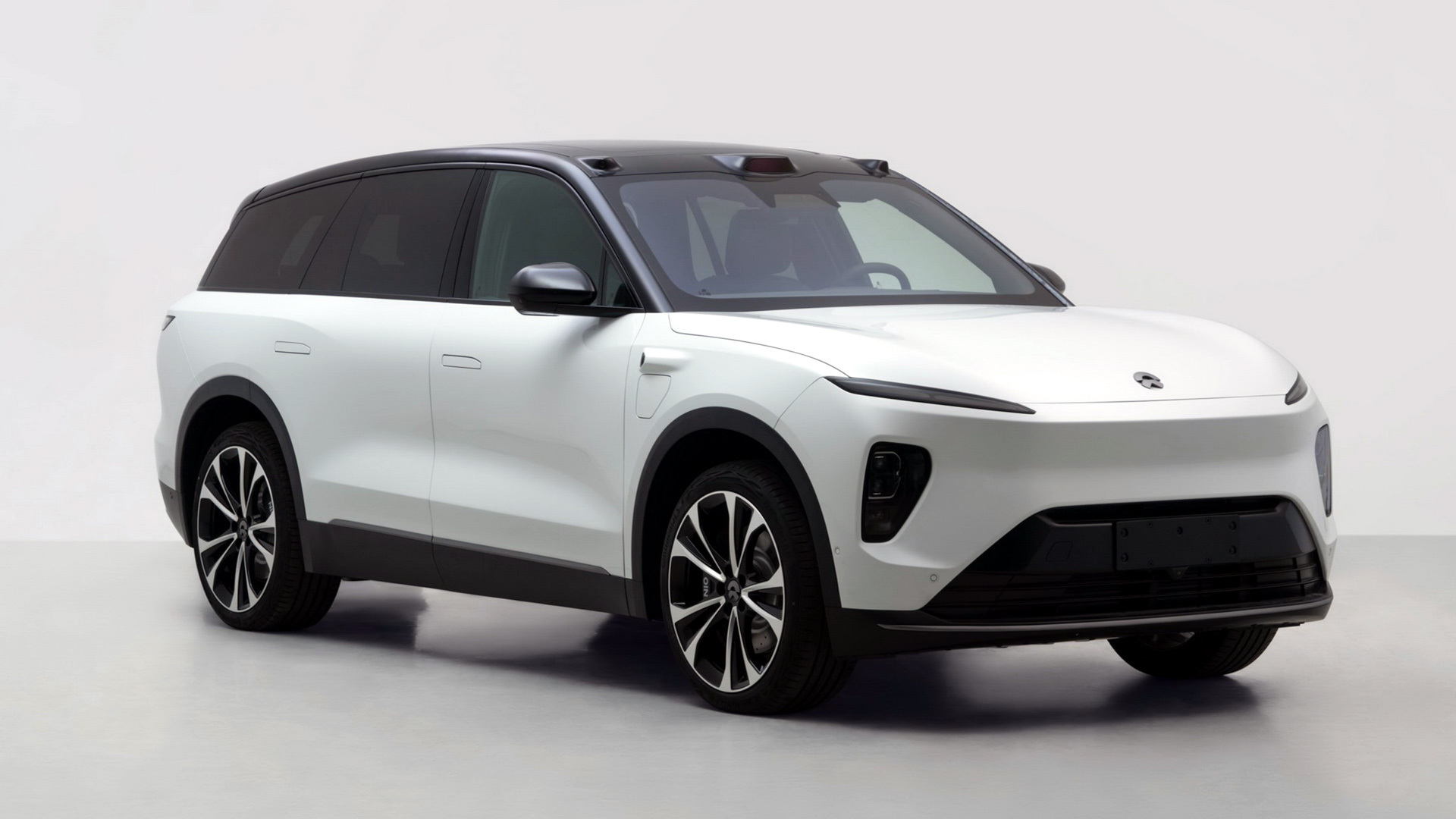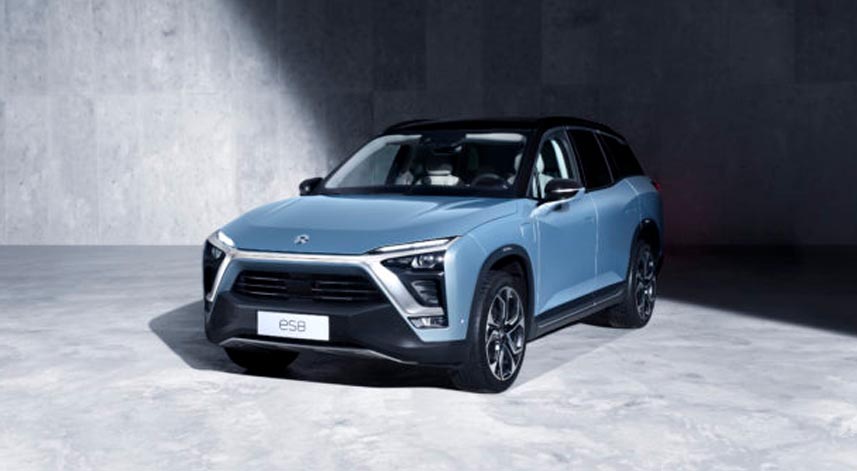NIO, a Chinese electric vehicle company, reported that during the Chinese New Year holiday, its battery swap stations along highways provided 906,056 battery swap services, with a single-day record of 62,356 swaps.
From January 13th to February 5th, all NIO battery swap stations were open 24/7 and available to vehicle owners for free, unlimited use. During this period, NIO’s battery swap stations provided a total of 282,850 free services, which the company claims saved drivers 259,279 hours of highway travel time compared to the average charging time for other electric vehicles.
NIO vehicles traveled a total of 276,699,061 kilometers, resulting in 8,444,119 hours of driving time and a reduction of 18,190 tons of carbon emissions. As of December 31, 2022, NIO had delivered 289,556 vehicles. The peak travel days for NIO owners were January 16th and January 29th before and after the Chinese New Year holiday, respectively.
See also: Nio Plans to Bring Power Swap Stations to the UK in 2023, Executive Says
According to NIO, owners of the company’s vehicles drove a total of 39,135,610 kilometers and 451,835 hours using the NIO Pilot assisted driving system during the specified period. During the same time frame, NIO’s virtual voice assistant NOMI communicated with users 42,286,109 times.
In terms of charging services, NIO’s 13,629 charging stations in China provided 646,903 services, with 75% of the power serving other electric vehicle brands. NIO also offered 11,681 flexible battery upgrades, which allow owners to temporarily upgrade their 70/75 kWh battery pack to a 100 kWh pack.
Meanwhile, Chinese automaker Li Auto also reported data on vehicle usage during the Chinese New Year holiday. Li Auto vehicles accumulated 122,016,041 kilometers during the holiday, including 80,047,812 kilometers driven on fuel, a 210% increase compared to weekdays.
See also: NIO battery swap technology open to all automakers and other companies
Users drove 4,975,913 kilometers with the Li Auto AD assisted driving system, a 445.78% increase from the usual period. Although Li Auto did not mention the specific time frame covered by the data, it is believed to be from January 21 to January 27. All of Li Auto’s current models are extended-range electric vehicles (EREVs).

